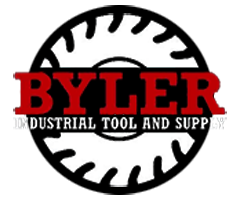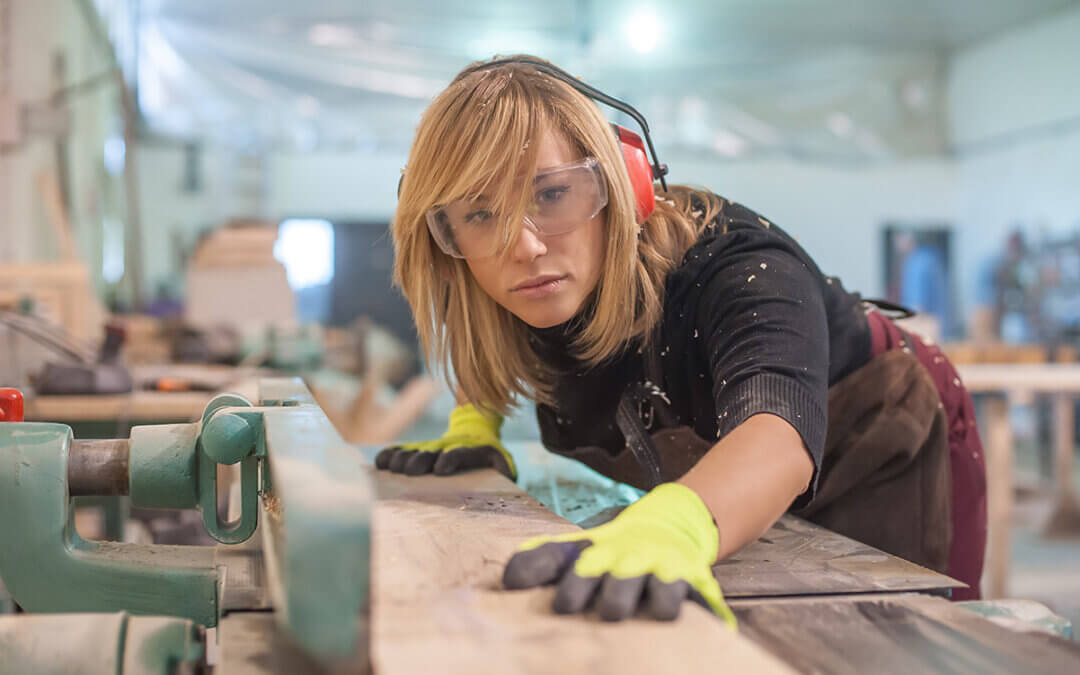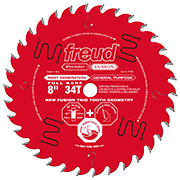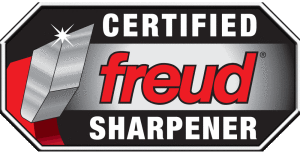When you’re cutting metal or wood and notice that your cuts aren’t as accurate as they used to be or that you’re having to use more force than normal, you’re already overdue for a sharpening. Staying on top of sharpening doesn’t just mean sending in your blades once they become dull. It means recognizing signs of dullness as they occur and taking care of the problem before it shows up in your work.
Here’s why you should consider sharpening preventative maintenance for your blades:
It reduces the risk of damage.
Dull blades are far more likely to become bent or broken than sharp blades. And if you let a blade become duller and duller over time, you’re more likely to damage it. By getting your blade sharpened at the first sign of dullness, you protect its structural integrity and will be far less likely to have to replace it.
It makes future sharpening more effective and efficient.
What’s easier to sharpen—a slightly dull blade or an extremely dull blade? Because there are fewer imperfections and less chance of damage to slightly dull blades, they are more easily restored to their full potential and effectiveness than extremely dull blades.
It makes you less likely to injure yourself.
In many cases, slightly dull blades can still cut through most materials without too much effort. But when you switch materials, or when you operate your saw for the first time in a while, you may not be used to the amount of effort required to make the cut. That can increase the likelihood that you slip and injure yourself. By staying on top of your sharpening needs, you’ll never have to worry about cutting with a dull blade.
It protects the quality and accuracy of your work.
When you’re working with dull blades, your accuracy will always suffer. Even if you get used to the dullness and learn to “work around it,” the dullness will eventually become evident in your work. And whether you’re working as a hobbyist or professionally, you can’t afford a single inaccurate cut—especially when it has the potential to mar or ruin an expensive project.
It puts you on a consistent schedule.
Getting your blades sharpened on a regular basis means you can plan around the short downtime. You’ll know exactly when they’ll be out of your shop. But if you wait until your blades are seriously dull and absolutely must be sharpened, you can’t plan your work around this timeline. Instead, you’ll have to interrupt your workflow, which can mean delays for yourself and your customers.
It helps you notice dullness more quickly and accurately.
If you’re always using sharp tools, you’ll quickly notice when your blades have become dull. The biggest risks that wood and metalworkers face from both a professional and physical standpoint are blades, as they can threaten both their livelihood and their safety. By ensuring that your blades are always sharp, you’ll know right away when dullness is setting in, but long before it begins to impact your work and your safety.
We’re Your Blade Sharpening Experts
At Byler Industrial Tool, we’re committed to excellence. Keeping your blades sharp is essential to your metal or woodworking outfit, and we pledge to deliver the best possible results for our customers. Contact us today to request our blade sharpening service for your tooling.




